JerryLove
No longer a newbie, moving up!
- Joined
- Jan 1, 2014
- Messages
- 413
- Reaction score
- 50
- Location
- Tampa
- Can others edit my Photos
- Photos OK to edit
So when you bring up translucent mirror DSLR's like the A77, you are doing so to illustrate that the A77 is a dying tech?Can you tell me how this relates to all your claims on the A77? I'd hate to think you were just jumping topics until you "win" by accident rather than arguing a point.You're not seeing the correlation? Sony's new a6000 is boasting the fastest af ever and that tech was developed in the alpha series.
To sum it up, this thread is about DSLR's been phased out... In terms of the moving mirror I think Sony in general is a good example of how they are being phased out.
I really got the impression you were talking about translucent mirrors as the way forward, not something whose time has passed. My bad.




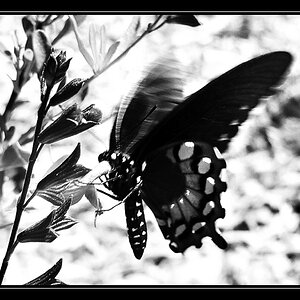

![[No title]](/data/xfmg/thumbnail/32/32926-ec27ecead8c80d803404500d8f888dbf.jpg?1619735754)


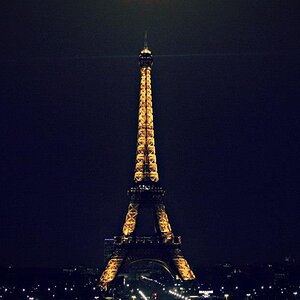
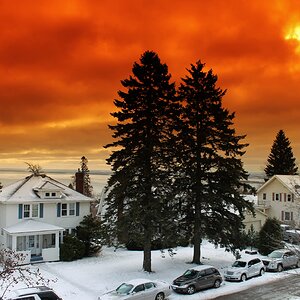
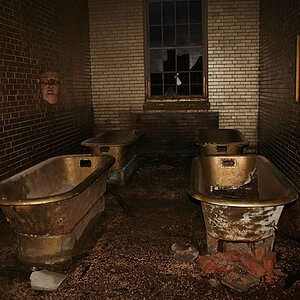
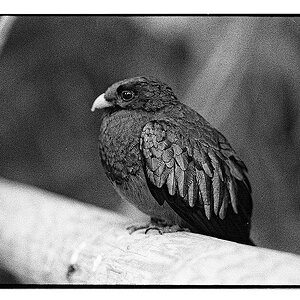

![[No title]](/data/xfmg/thumbnail/38/38262-10a9668da9a2b36a92cddde57caf87bc.jpg?1619738547)